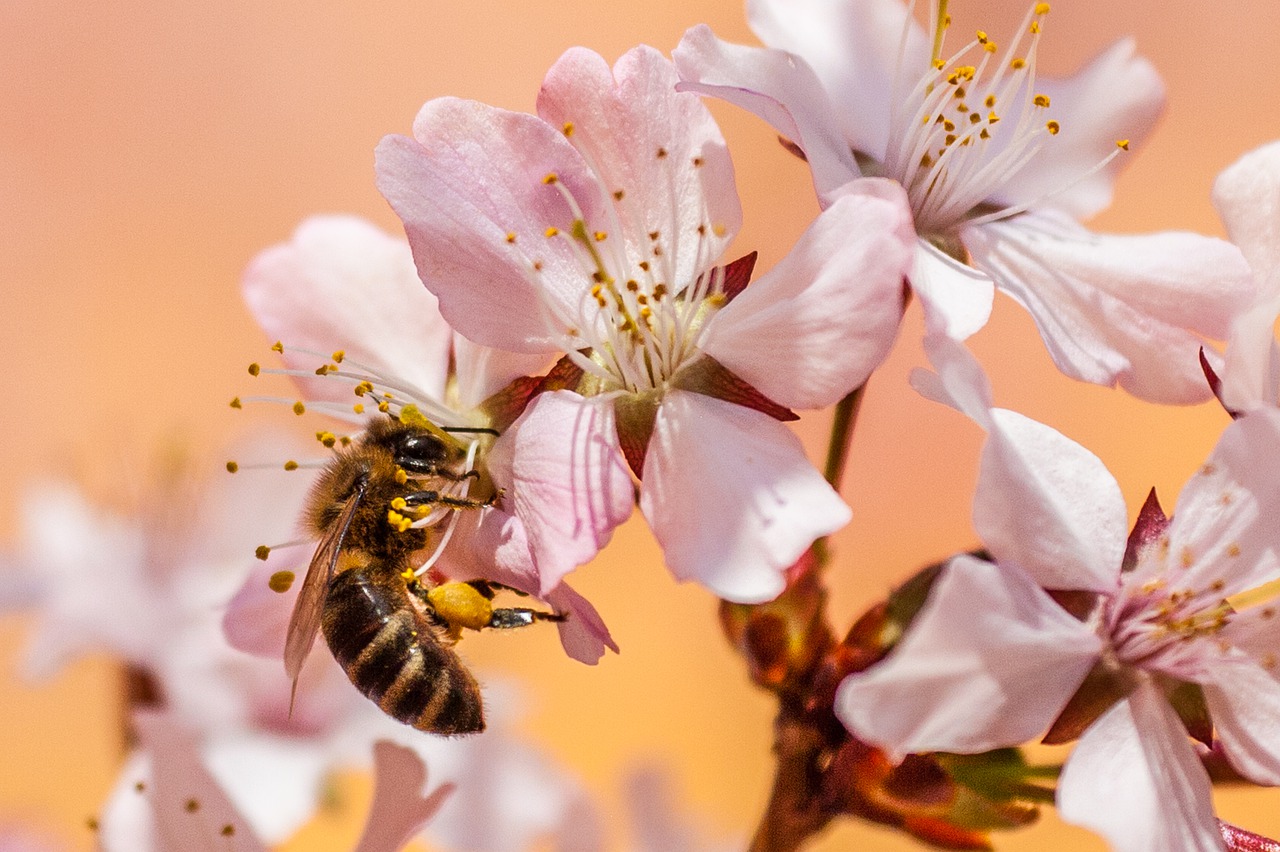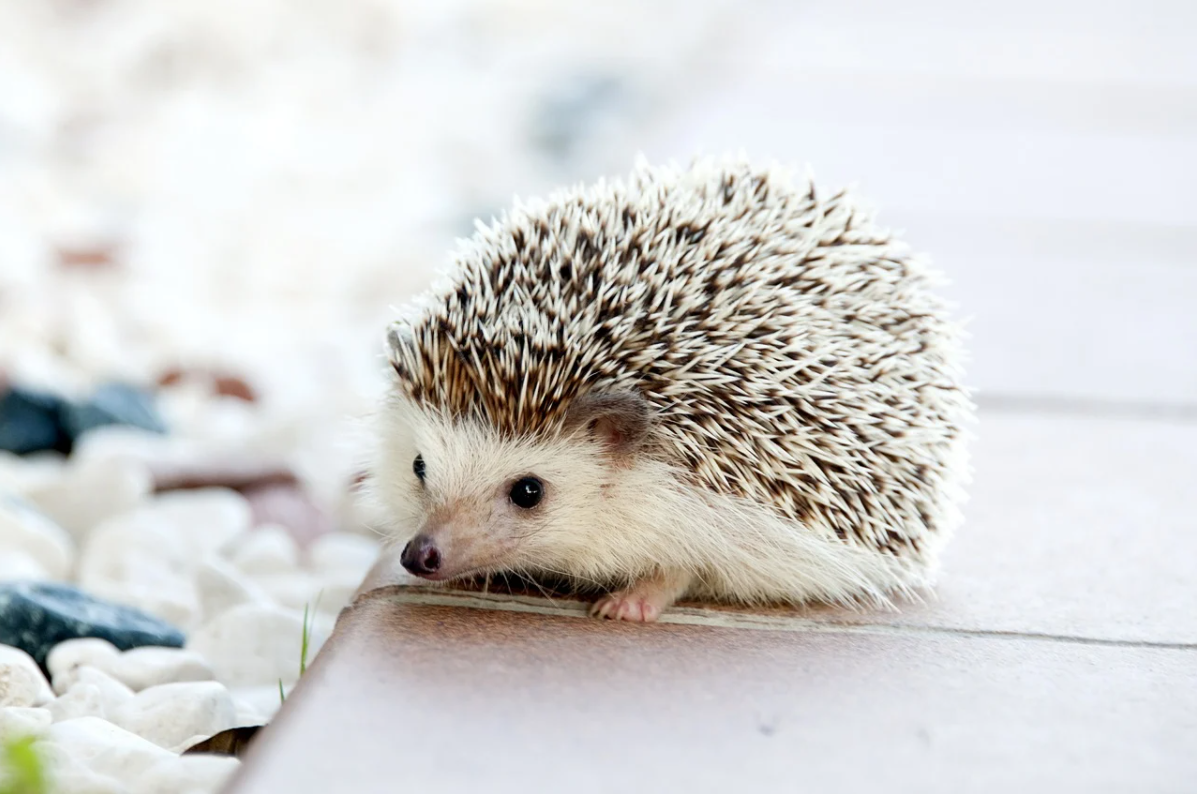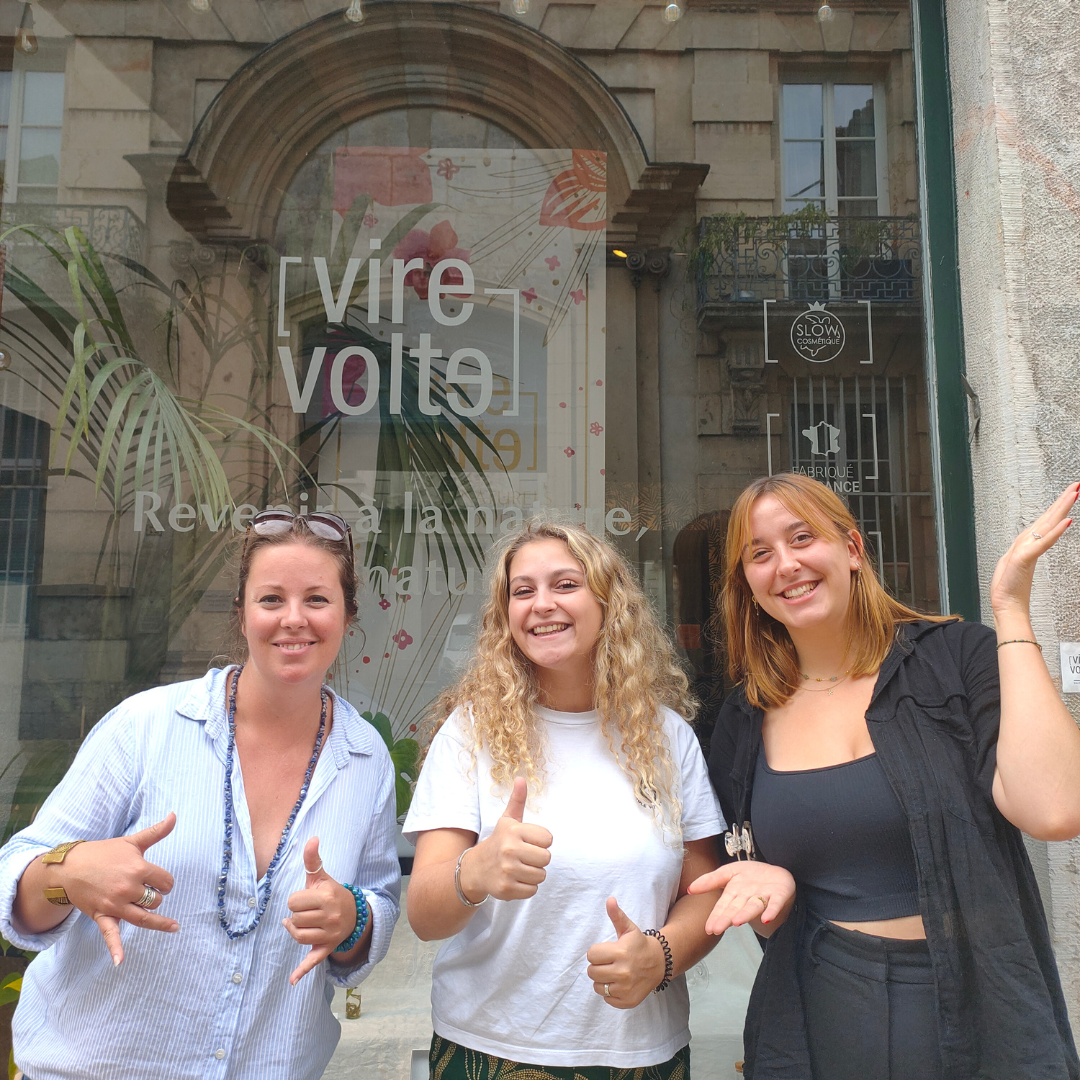
The perfumery-cosmetics industry continues to evolve as consumers seek healthier and more ethical products. Veganism then becomes obvious in the future of beauty.
Initially rather marginal, veganism has recently become more democratic at the same time as consciences evolve. In the world of beauty, vegan products are now a popular choice with consumers concerned about buying products that respect their health but also the planet. Thanks to its sustainable and ethical values, cosmetic veganism by offering effective, healthy and sustainable products.
By definition, vegan beauty products contain no ingredients of animal origin. Thus, components such as beeswax, honey or even animal milk are excluded from certified vegan compositions. As for the production of genetically modified organisms (GMOs), it does not involve any animal genes or substances of animal origin.
The term "cruelty-free", often used as a synonym for "vegan", does not mean exactly the same thing. A vegan product can be tested on animals while a "cruelty free" is not but may contain animal substances. Nevertheless, veganism is a true state of mind! Vegan cosmetics brands are committed to offering products that are as gentle on the skin as they are on the environment, favoring fair trade and agriculture.
re organic, by reducing their environmental impact and by using recyclable, recycled or biodegradable materials for their packaging in order to best respect the planet.
Animal-derived ingredients, sometimes harvested through cruelty-free methods, have been used in the perfume-cosmetic industry for centuries. Today, we frequently find:

Honey, lanolin or wool fat, squalene or shark liver oil, carmine which involves crushing beetles, gelatin from cow or pig bones or cow urine called allantoin are ingredients found in many cosmetic products.

Barbaric practices towards animals disappear over time and become rare. While beeswax or castoreum are still largely integrated into cosmetics and perfumes, components of animal origin are increasingly excluded from compositions. Vegan beauty brands are turning to alternative waxes, betting instead on carnauba from the leaves of a Brazilian palm tree, candelilla secreted from the leaves of a shrub native to Mexico, or even rice and soy waxes. Musk, secreted by the abdominal preputial gland of Asian male musk deer, is now being replaced by synthetic musk which exhibits the same properties without any animal cruelty.
Made from plant extracts, a vegan perfume is made up of three essential elements: natural plant oils including essential oils, distilled water and natural alcohol derived from wheat, corn, grapes or cane. sugar.
Whether in perfumes or vegan cosmetics, you can also find dyes from plants, attar obtained by distillation of plants, resins, distillates, vegetable waxes, natural isolates, natural antioxidants for better preservation or glycerin.
Vegan beauty brands generally commit to true transparency in the composition of their products. It is therefore easier to choose cosmetics that are healthy for you and for the environment. In addition to ethical reasons, vegan perfumes offer a personalized scent to the wearer. A vegan fragrance is complex and deep, it reacts differently depending on each person's skin and thus provides a unique and personal side impossible to reproduce with chemical ingredients. Your perfume can then become your true signature!
The vegan commitment in cosmetics is a very strong commitment that goes beyond the simple fact of not being tested on animals. At the house of twirls :

In short, it is essential for us to develop our brand with respect for life and the environment!

End of the Virevolte adventure
Do not hesitate to consult the list of our resellers if you wish to buy one of our perfumes.
Julie Desoomer
